Discussion boards provide interaction for online ARC students
“It was a good way to have the class interact with each other but I feel like people don’t really like it at the same time”
Discussion boards have been a big part of online learning at American River College. They provide students the opportunity to interact with their classmates about several different topics. Some people find these discussion boards helpful while some find them a hassle. (Photo Illustration by Jahson Nahal)
For some students at American River College, the most interaction they’ve had with their classmates has been via messages sent to them on discussion boards. ARC shifted online in March 2020 due to the COVID-19 pandemic and one of the biggest aspects of online learning has been discussion boards.
Discussion boards are a place for student-to-student interaction about topics that the professor chooses. Students can view what their classmate’s post and reply to them to learn more about the topic.
Some of these discussion boards are graded assignments, some are for students to leave questions that they have and some are for normal discussion between students.
In asynchronous classes, discussion boards may be the only time for classmates to interact with one another.
ARC journalism professor Wilber Johnson has used the discussion element for years and he says that in the virtual setting the discussion board allows for total involvement.
“Every student gets to participate, and contribute as an active learner,” Johnson said in an email to the Current.
Johnson added that these boards help further the student’s discussion skills and improve the learners’ writing abilities.
Eli Keller, an EMT major at ARC, says that he finds discussion boards helpful.
“If we’re ever confused about anything or have a question we can post our question on the discussion board somewhere and either the professor or another student will answer and clear things up,” Keller said.
Some, however, don’t think they’re useful. Because discussion boards are done online, it’s easy for students to leave posts and replies for the sake of their grade rather than for the actual discussion.
“It was a good way to have the class interact with each other but I feel like people don’t really like it at the same time, so they fake their responses a lot and it feels like a fake interaction most of the time,” said Michael Leahy, a physics major at ARC.
According to Johnson, some students don’t take discussion boards seriously but the same can be said for college education in general. He added that some students not participating doesn’t stop dedicated ARC professionals from promoting educational concepts.
“In my class, I read, study, and comment on the posts, and they are graded according to content and relevance,” Johnson said. “The typical ‘wow, I found that really interesting’ [response from a student] will be labeled as ‘coachspeak’.”
Keller says that even though he finds discussion boards helpful he can see why students might fake posts or not put their full effort into them.
“It’s a pretty big hassle, especially when you have those word requirements and you have to write a couple hundred words on the topic,” Keller said.
According to Keller, students being required to post a certain amount of words on a topic that they might not care for could drive them away from fully participating.
“I feel like that [not participating] is a general thing sometimes because not everyone is always interested in the topic that we’re talking about,” Leahy said.

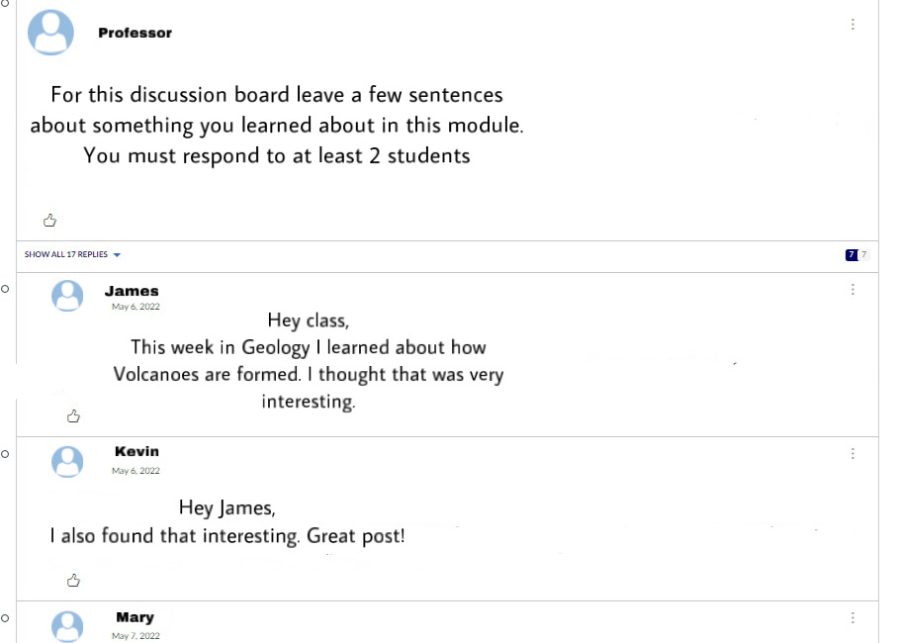

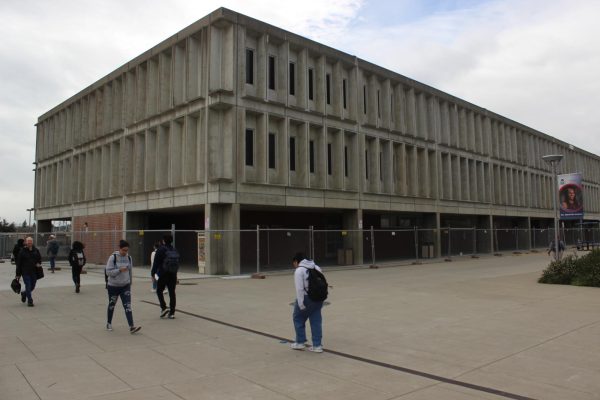
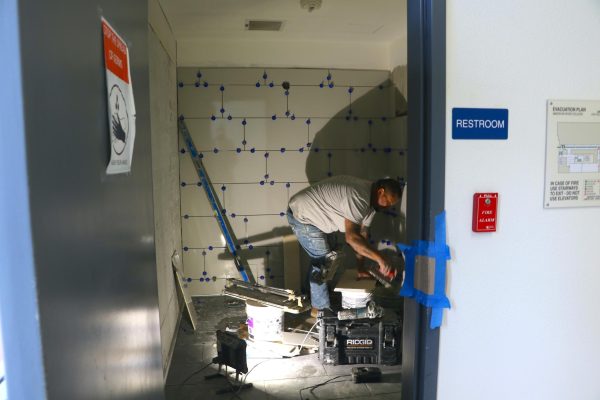

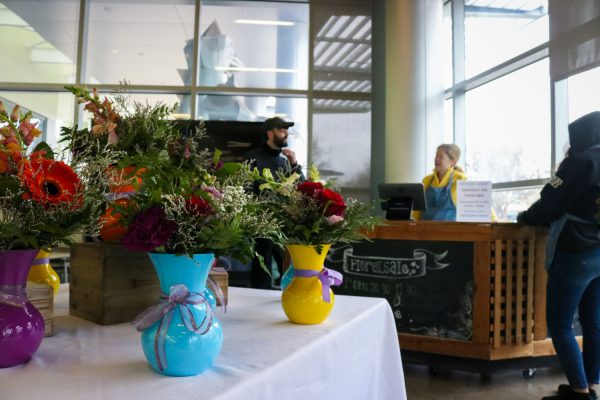
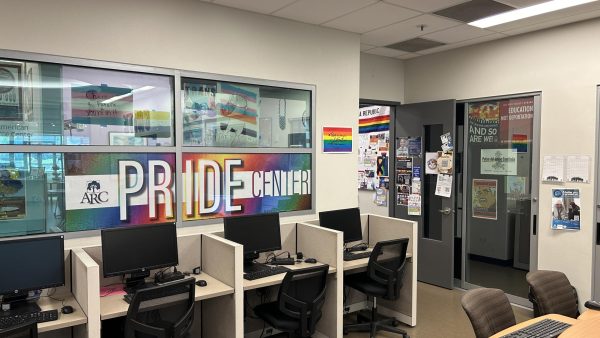
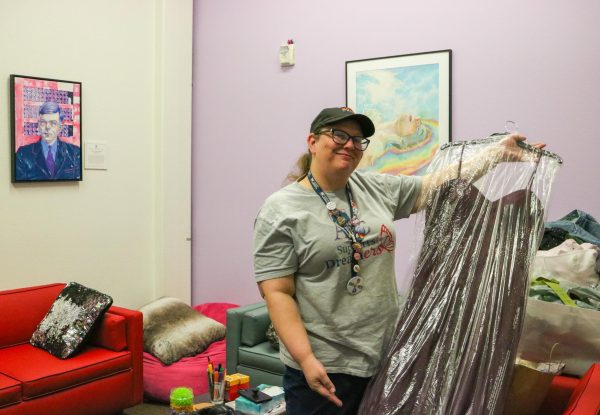
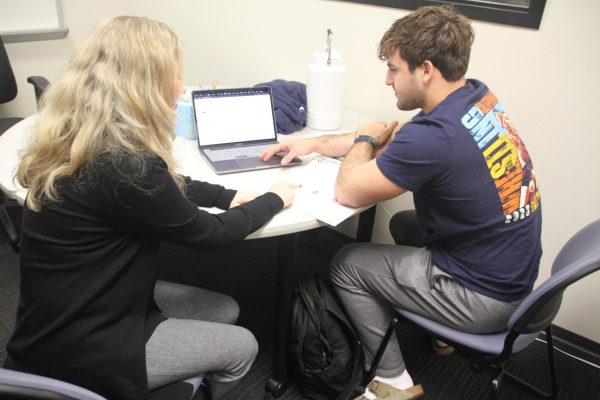

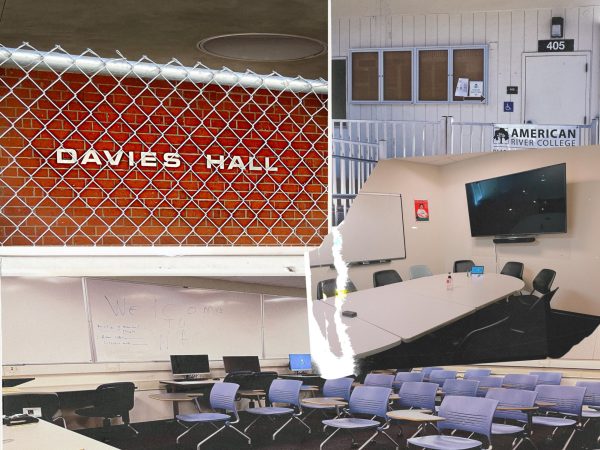
![“I think we should have some pasta here, [and] chicken or shrimp alfredo. I also think they should have put out a survey before we started school, so that we could get an opinionated collection of suggestions for food. Let’s add some more seasoning to the food please, it’s a little bland.” - Ameiah Williams | Music Production Major](https://www.arcurrent.com/wp-content/uploads/2023/09/230928-campuspulse-sb3-600x400.jpg)
![“We had our space before Davies Hall closed, but our division office was housed [there]. It’s been positive for us, because now faculty hang out in HomeBase, and we really want faculty involved. I would like to be in Davies, closer to our students, so when they get out of class they see the HomeBase. I think that it may be harder to find us… since we are so secluded it’s really hard to stumble upon us.” - Kaira Bradley | Language and Communication HomeBase Success Coach](https://www.arcurrent.com/wp-content/uploads/2023/09/230921-campuspulse-sb3-600x400.jpg)
